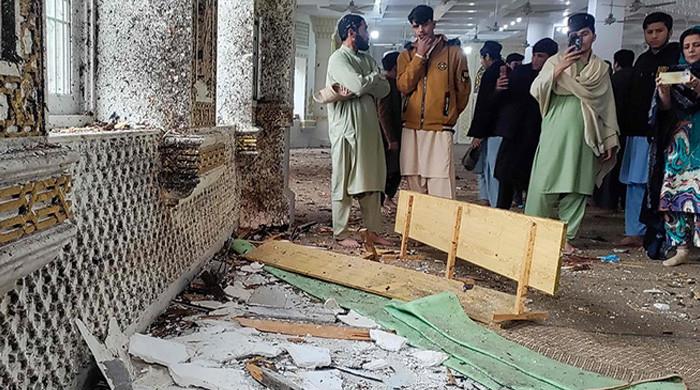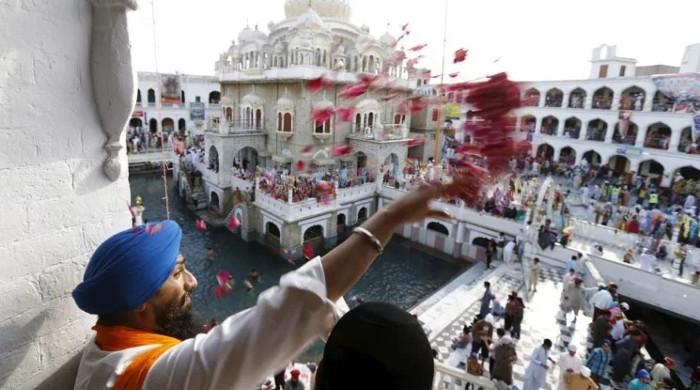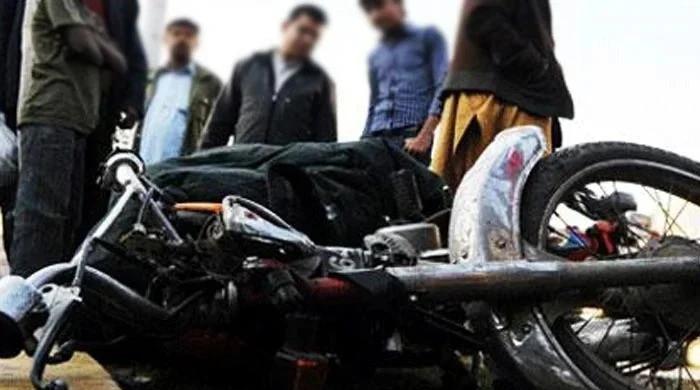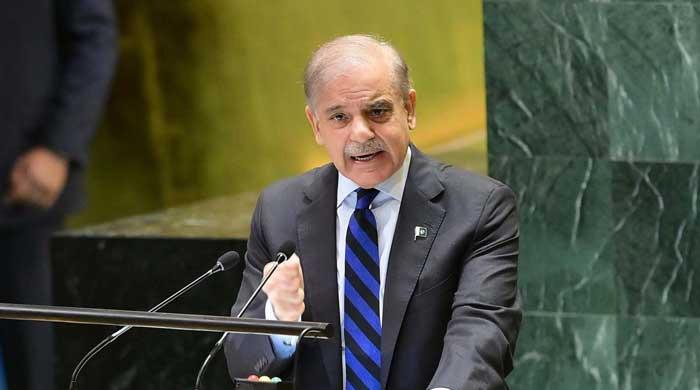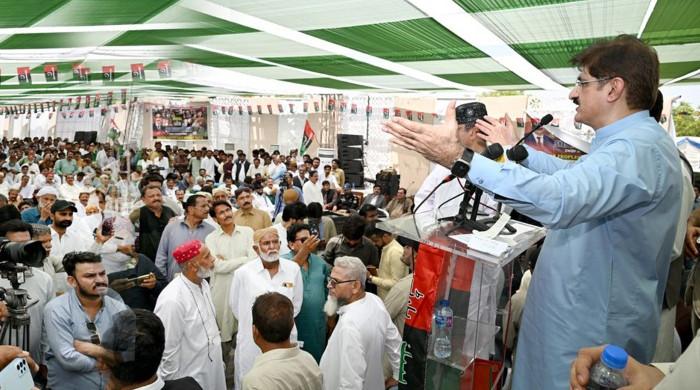SC upholds conviction of ex-army officers for conspiring against Benazir govt
Apex court's decision based on Pakistan Army Act's interpretation
September 13, 2023
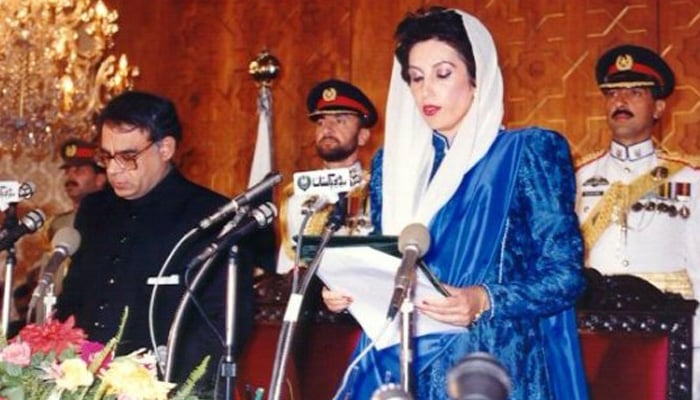
- Court's decision based on Pakistan Army Act's interpretation.
- Three-member bench, led by CJP Bandial, issues verdict.
- Convicts seperately challenged conviction in 2015, 2000.
ISLAMABAD: The Supreme Court of Pakistan has upheld the conviction of two former army officials involved in toppling former prime minister Benazir Bhutto's government in 1995, The News reported on Wednesday.
The court's decision, announced on Tuesday, was based on the interpretation of the Pakistan Army Act, which allows for punishment on alternative charges and offenses.
Chief Justice Umar Ata Bandial, along with Justices Munib Akhtar and Sayyed Mazahir Ali Akbar Naqvi, was part of a three-member bench that delivered the judgment in the case involving two ex-army officials, Colonel (retd) Muhammad Azad Minhas and Colonel (retd) Inayatullah, accused of conspiring to wage war against Pakistan and toppling a democratic government.
The convicted individuals Col (retd) Minhas and Col (retd) Inayatullah had previously challenged their convictions in 2015 and 2000 at the Lahore High Court and Supreme Court, respectively. The former challenged the LHC's 2015 verdict dismissing his petition against his conviction, while the latter contested his sentence in the apex court.
Their appeals, however, were rejected. The Supreme Court, after considering both appeals from 2020 to 2022, had reserved its verdict.
Justice Naqvi, in a 17-page judgment, stated: "Section 111(5) of the Pakistan Army Act and Rules 21(4) and 51(7) and (8) speak about the framing and punishment of an accused under an alternative charge or offence."
The court observed that both the appellant and petitioner were charged not only with the main offence but also with alternative charges and offences, as indicated in the charge sheet.
"It is now well settled that if an accused is charged with one offence but the evidence suggests he committed a different offence for which he could have been charged under the same provisions of law, he may be convicted for the offence he is found to have committed, even if he was not charged with it," the court stated.
In this case, the court observed that the appellant and petitioner were charged with both the main offence and alternative charges, as evident from the charge sheet.
The court upheld that all courts, after evaluating the prosecution’s evidence, found insufficient proof of the main offence but enough evidence to sustain their conviction under the alternative charge.
Regarding the objection to the charges, the judgment stated: "Needless to mention that when the appellant or petitioner had filed constitutional petitions before this court in the year 1996, although charges had been framed at that time, they never raised this objection before any court, including this court, at that juncture of time as to why they had been charge-sheeted for the alternative offences."
The court further explained that the appellant and petitioner had filed petitions in 1996 challenging their arrest, detention, and trial by the Field General Court Martial under Article 184(3) of the Constitution of the Islamic Republic of Pakistan. However, their petitions were dismissed on May 14, 1996.
Subsequently, their trials proceeded, resulting in their dismissal from service and rigorous imprisonment for two and four years, respectively, in an order dated September 30, 1996. Their conviction was confirmed by the Chief of Army Staff via an order dated October 28, 1996. Both individuals filed appeals, which were also dismissed on November 6, 1997.
The court also addressed the jurisdiction exercised by the Supreme Court under Article 184(3) of the Constitution, comparing it to the power available to high courts under Article 199 of the Constitution. It cited previous judgments and observed that fundamental rights are guaranteed to citizens, and violations can be redressed through the courts.
The court clarified that sentences awarded by a court-martial or another forum under the Pakistan Army Act, 1952, are subject to judicial review only on grounds of mala fides, including malice in law, without jurisdiction, or coram non judice. In the absence of mala fide on the part of the prosecution, the court held that the convictions and sentences of the appellant and petitioner by the Field General Court Martial could not be deemed coram nonjudicial.
Regarding the timing of their challenges, the court noted that petitioner Inayatullah Khan had challenged his conviction after a lapse of more than three years, and the same was true for appellant Muhammad Azad Minhas, who had challenged his conviction after more than 13 years.
The court concluded that after dismissal from service, the appellant and petitioner could not claim any benefits, as their termination resulted from defiance of discipline and institutional orders. Therefore, their claims of double jeopardy had no legal foundation. In light of the above, the appeal and constitutional petition were dismissed for lacking merit.




